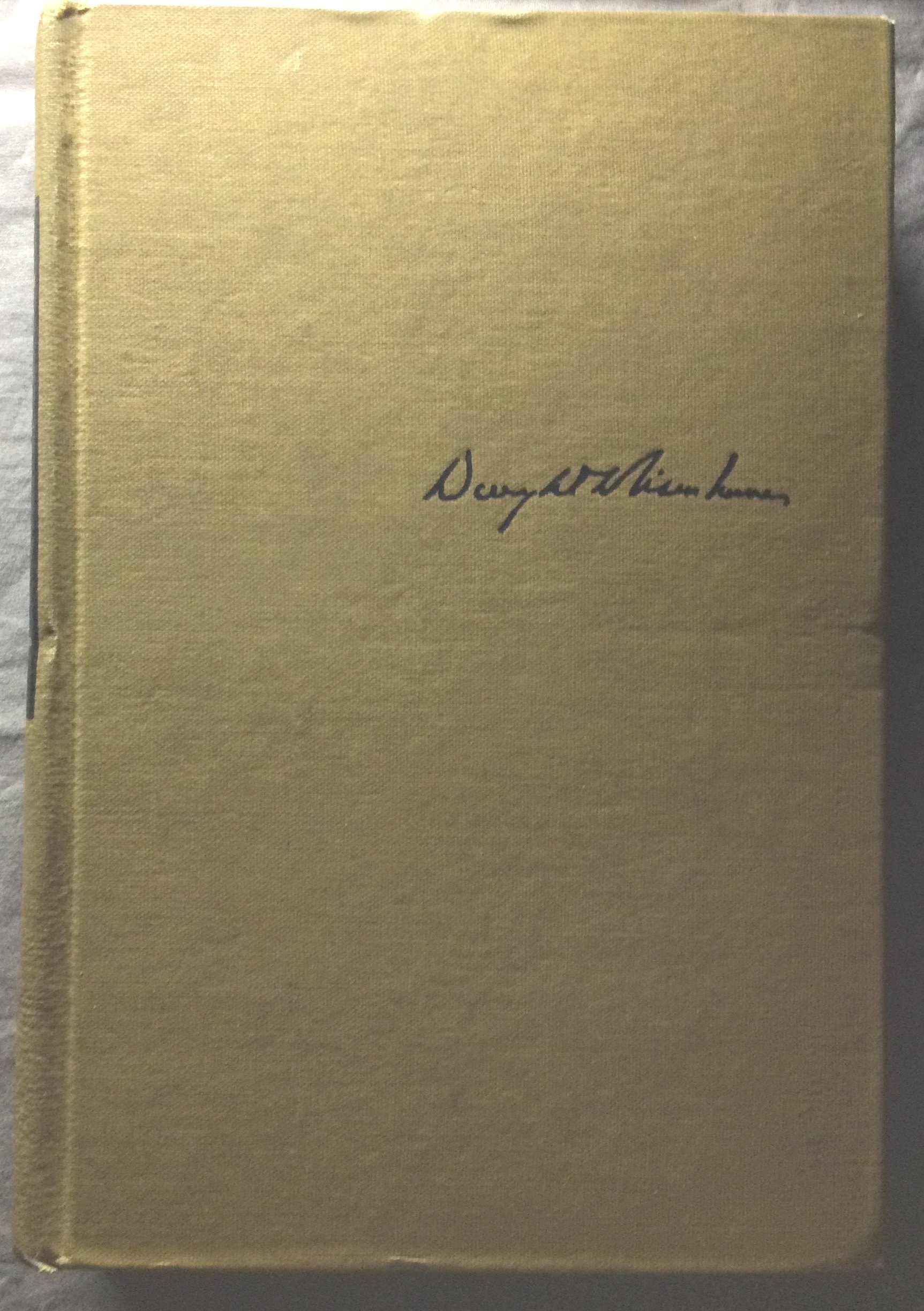 Image 1 of 1
Image 1 of 1


In Time of War | Hitler's Terrorist Attack on America
Author - Pierce O'Donnell
Year published - 2005
Published by - New Press
Book Format - Hard Cover
Genre - World War 2 - Europe
Summary
A forgotten episode of World War II, the Supreme Court case it sparked, and the precedent it set. It's a true story that reads like gripping fiction: in June 1942, eight German terrorists landed by submarine on the shores of Long Island and Florida with a mission to blow up major buildings and railroad hubs throughout the United States. In Time of War tells the dramatic story of how they were ultimately betrayed by one of their own, tried by a special military tribunal appointed by FDR, and zealously defended by an army colonel. Six of the eight were executed. The U.S. Supreme Court subsequently upheld the president's power to order the military trial that passed the death sentences. More than sixty years later, President George W. Bush, in the wake of the deadly 9/11 terrorist attacks, cited Roosevelt's act as precedent for imprisoning over six hundred suspected "enemy combatants" in Guantanamo Bay, Cuba, and indefinitely detaining U.S. citizens suspected of terrorist activities. In a riveting account of this remarkable episode in America's history (much of it based on documents never before available), O'Donnell, one of the country's leading trial lawyers, illustrates the parallels between then and now, offering a cautionary tale of the danger of unchecked executive power in a time of crisis.
Notes -
Author - Pierce O'Donnell
Year published - 2005
Published by - New Press
Book Format - Hard Cover
Genre - World War 2 - Europe
Summary
A forgotten episode of World War II, the Supreme Court case it sparked, and the precedent it set. It's a true story that reads like gripping fiction: in June 1942, eight German terrorists landed by submarine on the shores of Long Island and Florida with a mission to blow up major buildings and railroad hubs throughout the United States. In Time of War tells the dramatic story of how they were ultimately betrayed by one of their own, tried by a special military tribunal appointed by FDR, and zealously defended by an army colonel. Six of the eight were executed. The U.S. Supreme Court subsequently upheld the president's power to order the military trial that passed the death sentences. More than sixty years later, President George W. Bush, in the wake of the deadly 9/11 terrorist attacks, cited Roosevelt's act as precedent for imprisoning over six hundred suspected "enemy combatants" in Guantanamo Bay, Cuba, and indefinitely detaining U.S. citizens suspected of terrorist activities. In a riveting account of this remarkable episode in America's history (much of it based on documents never before available), O'Donnell, one of the country's leading trial lawyers, illustrates the parallels between then and now, offering a cautionary tale of the danger of unchecked executive power in a time of crisis.
Notes -




